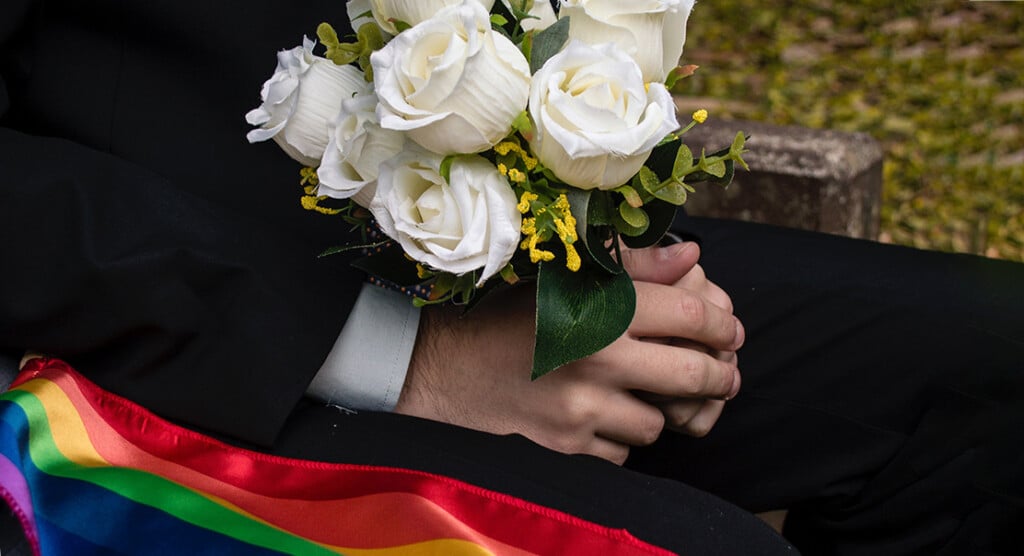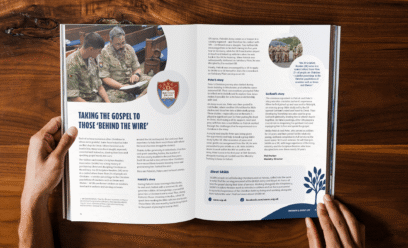Are Christian views on sexuality unacceptable?

This week, The Times newspaper reports on a survey by the think tank Theos showing that less than a third of voters (31%) said politicians opposed to same-sex marriage should be allowed to hold a top government job, while 50% said they should not be allowed.
The Daily Mail is reporting on a similar survey that 56% of UK voters would not vote for a politician opposed to gay marriage for religious reasons and a massive 71% would not vote for a politician who is opposed to sex outside of marriage.
Kate Forbes is one of the candidates for leader of the Scottish National Party (SNP). In a number of recent interviews she made it very clear that in principle she personally disagrees with gay marriage, although as a democrat and a pragmatist, she recognises that there is no mandate to change the law. Her own practice and belief are that sex is reserved for marriage between a man and a woman and she is also pro-life (and, incidentally, she also believes women should not be church leaders).
I have already written about the message from a number of politicians and commentators that someone with views like hers (and like the vast majority of Affinity’s members) should not be allowed to lead a party and especially not a country.
As it happens, her honesty and clarity seem to be causing her to poll rather well and she is also gaining support from a number of free-speech advocates, even if they do not agree with her views.
Christian morality is a minority view in the UK
Regardless of whether Forbes manages to win enough support to become the leader of the SNP and First Minister of Scotland, the fact that such questions are being asked and the evidence of those two opinion polls are a salutary reminder that Christian morality is a minority view in the UK. Many people grudgingly allow us to hold that view but think it should be kept a private matter, not expressed or applied to anyone else. Everyone else can communicate their views on what’s right and wrong, good and bad, but not religious people and especially not Christians.
The reality is that the UK is a secular liberal democracy, which allows religion but does not enforce or uphold it. The church is no longer at the centre of civic or political discourse. And even the marking of major life events such as births, marriages and deaths are increasingly happening outside the church. Moreover, when it comes to topics around identity and sexuality, the state is actually moving towards outright hostility to the ‘wrong kind’ of religious people.
As Christians, we have to accept that we will be increasingly asked to bow down to the idols of identity and self-fulfilment, especially in the area of sexuality. We will need faith and boldness to graciously hold the line on this.
Submitting to God’s law
This might not be the battle lines we would have chosen. We might prefer to talk about Jesus in the context of sinful behaviour and attitudes that most of the population agree with. But this is a battle that the world has brought to us. And in the end, it really is fundamental, not peripheral. It is about men and women wanting self-determination, throwing off the rules of an apparently unreasonable God, not submitting to his plans or recognising his beauty and goodness.
When we realise that we have broken the law of God and rebelled against the rule of God, forgiveness means something, and submitting to the authority of Christ becomes a joy.
In the meantime, we might not get the job in public life that we wanted but that is ok – Christ is enough (and there is plenty more kingdom work to be done).

Stay connected with our monthly update
Sign up to receive the latest news from Affinity and our members, delivered straight to your inbox once a month.



